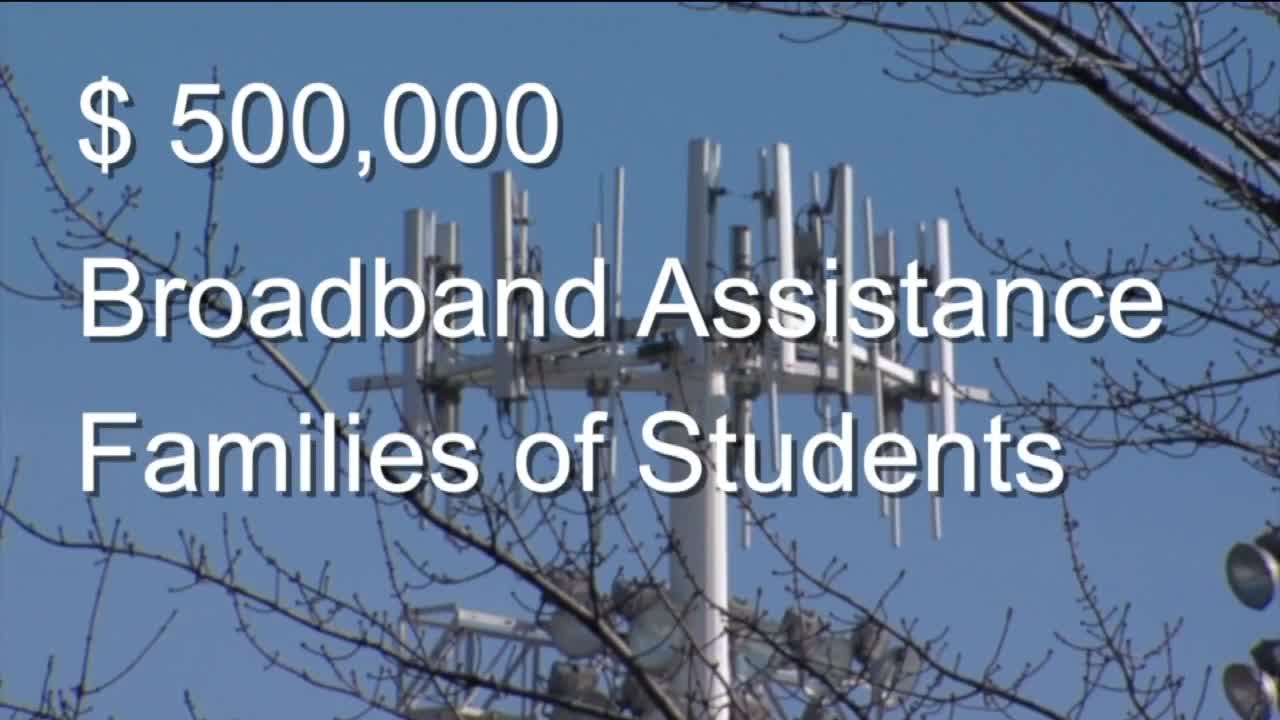CLEVELAND, OH — Mayor Frank Jackson unveiled the city's "ReStart Cleveland" plan Monday, a nine-page strategic recovery plan aimed at helping struggling businesses and residents and expanding health outreach during the COVID-19 epidemic.
Mayor Frank Jackson said the city spoke with experts from Cleveland State University and local medical institutions and decided to build from a health and medical perspective in order to protect those at risk from the coronavirus and then incorporate economic and social support to help the people and businesses who need assistance.
"If done right, this gradual reopening gives us opportunity to contain the spread of the coronavirus and restart our local economy safely. In order to safely and successfully do this, we must move forward with a thoughtful strategic plan, and faithfully implement and execute its components,” Jackson said. “If we do this, this recovery will make us stronger as a community – physically, economically, and socially – and the City of Cleveland will be positioned for a better recovery that is sustainable and benefits all residents and businesses.”
The key parts of the plan are:
- Minimizing the suffering of businesses in the community impacted by the virus.
- Positioning people to take advantage of recovery.
- Making sure businesses are better off as a result of the recovery effort.
For businesses, the mayor unveiled $10 million in loan programs help with rent, payroll, and other expenses related to lost income due to coronavirus as well as to purchase protective equipment for workers. The three programs are:
- $5.5 million for a Restoration Working Capital Program
- $3 million for an Emergency Working Capital Program - details on this program can be found here. An application can be found here.
- $2 million for an Emergency Working Capital Program - Specially Impacted Businesses
For residents, the plan includes more than $11 million in rental assistance to keep those faced with job loss from losing their homes. The plan also includes more than $4 million in basic needs assistance for help with food, utilities and homeless outreach.
Another $2.5 million has been earmarked to help with special needs assistance for homeless and people living with AIDS.
The plan also calls for $500,000 in broadband assistance for families of Cleveland Metropolitan School District students without internet access.
The mayor said the money will come from a combination of economic development money and federal CARES Act funding the city recently received.
But, Jackson stressed, COVID-19 isn't just something the city can throw money at.
"Now is the time to double-down on the things we are doing to prevent the spread of coronavirus," said Jackson. "If not, everything we put in place to address the economic and social aspects of the pandemic will be a waste of time and a waste of money."
Jackson said the city is developing a plan to increase COVID-19 testing for at-risk populations and expanding public education campaigns aimed at teaching people how to avoid the virus.
The mayor said that plan includes shifting non-essential workers to help wiht health outreach in the community, as he stressed even as the city begins to re-open, the risk of coronavirus remains real.
"The exposure of people and people coming in contact with each other will intensify which means the possibility and probability of infections and death will occur," said Jackson.
Because of the risk, the mayor said Cleveland city hall will remain closed to the public three days a week through the month of May. He also said the city is working on plans to balance the re-opening of recreation centers and city pools with the need to keep people safe.
To view the Restart Cleveland plan, click here.





